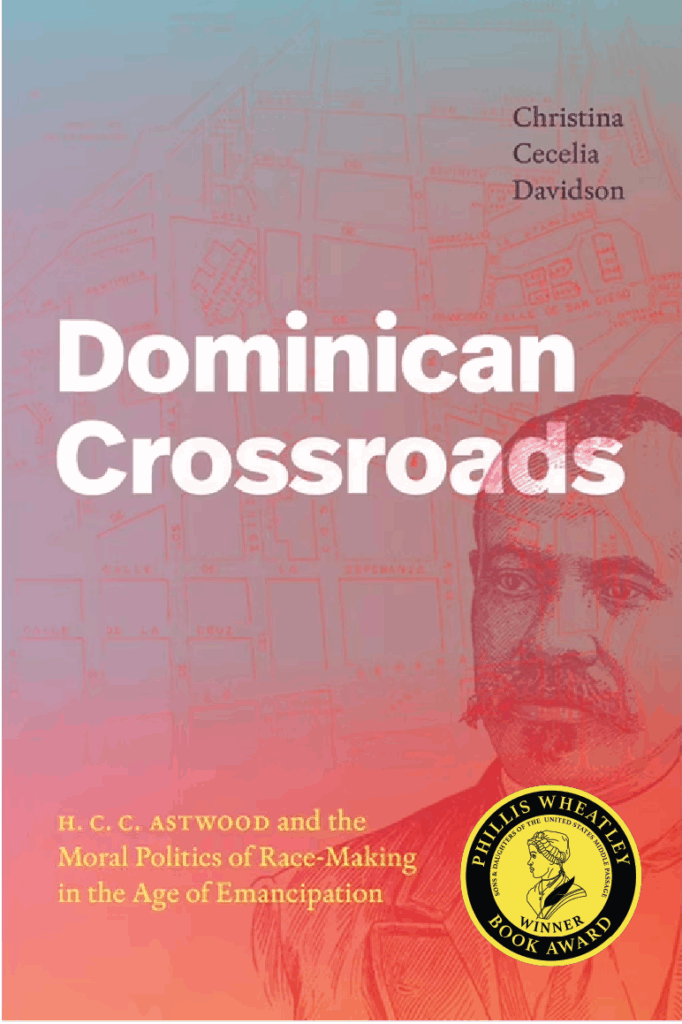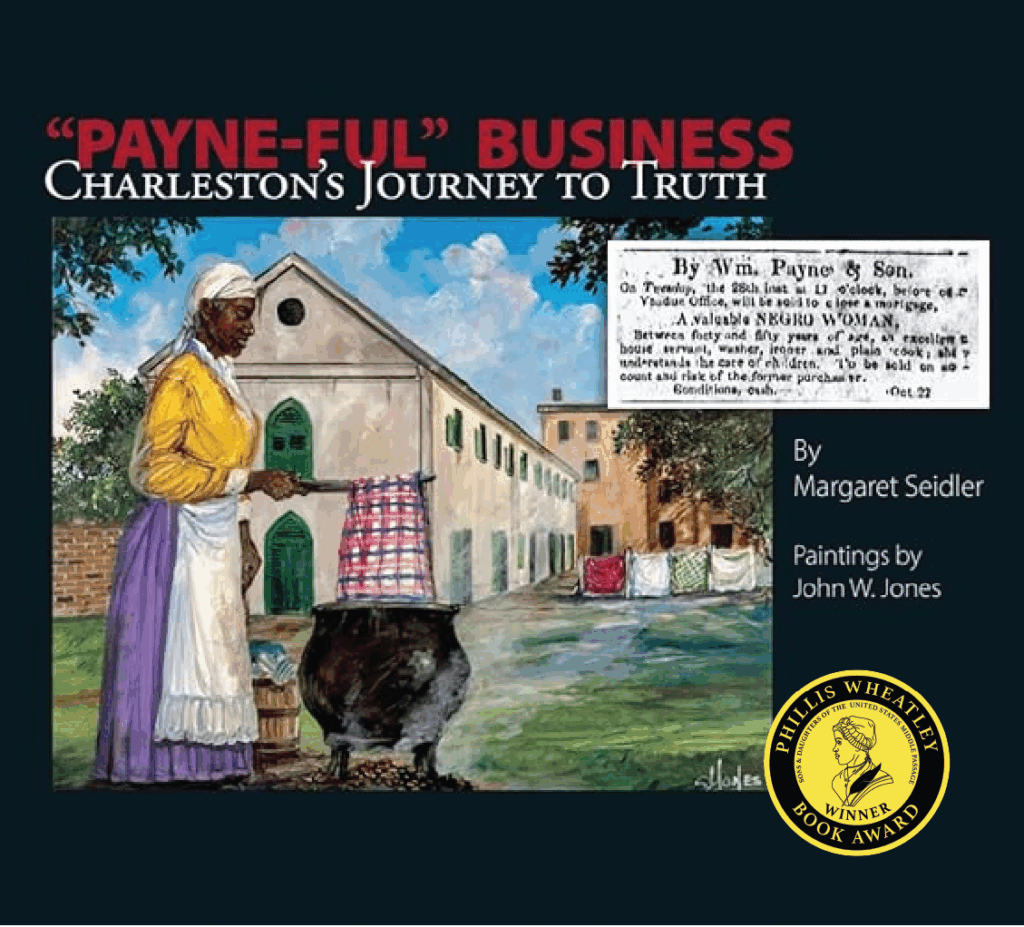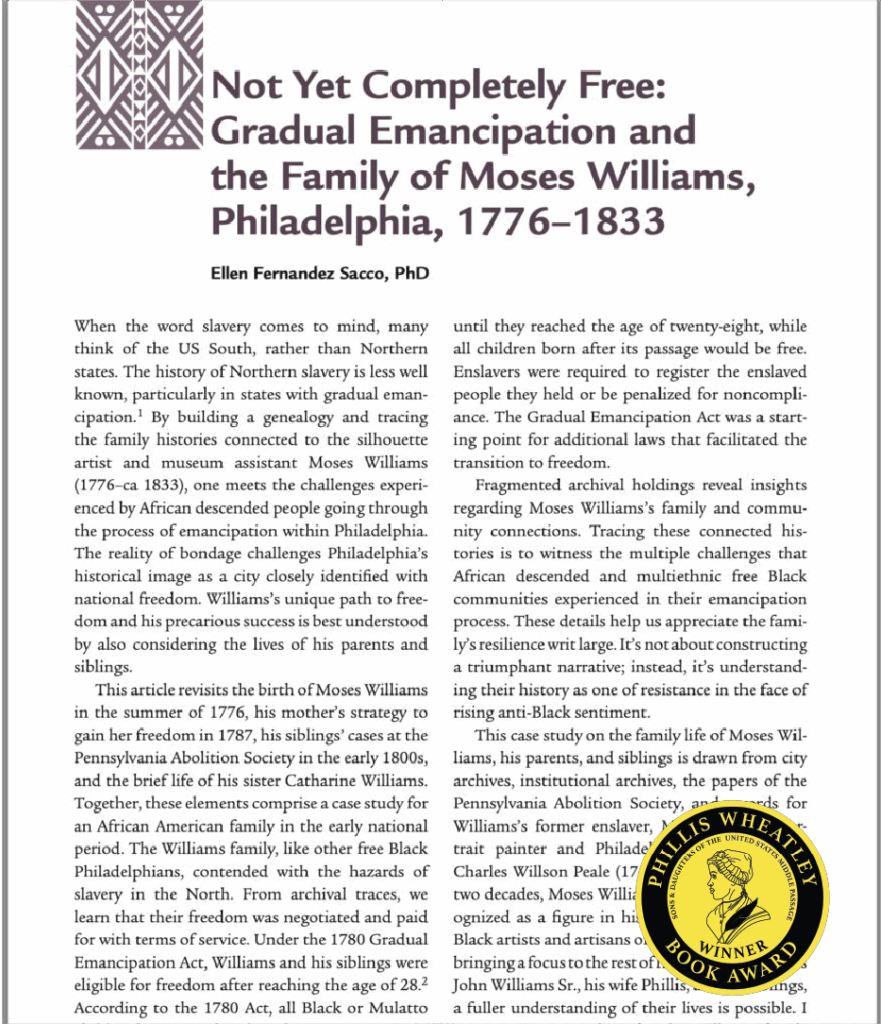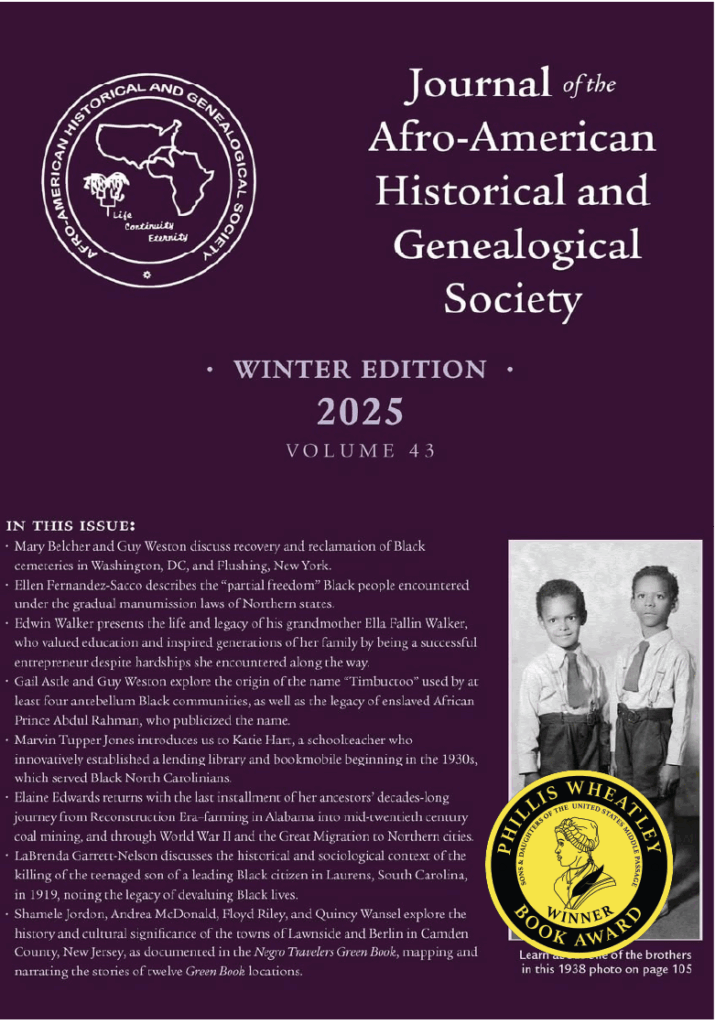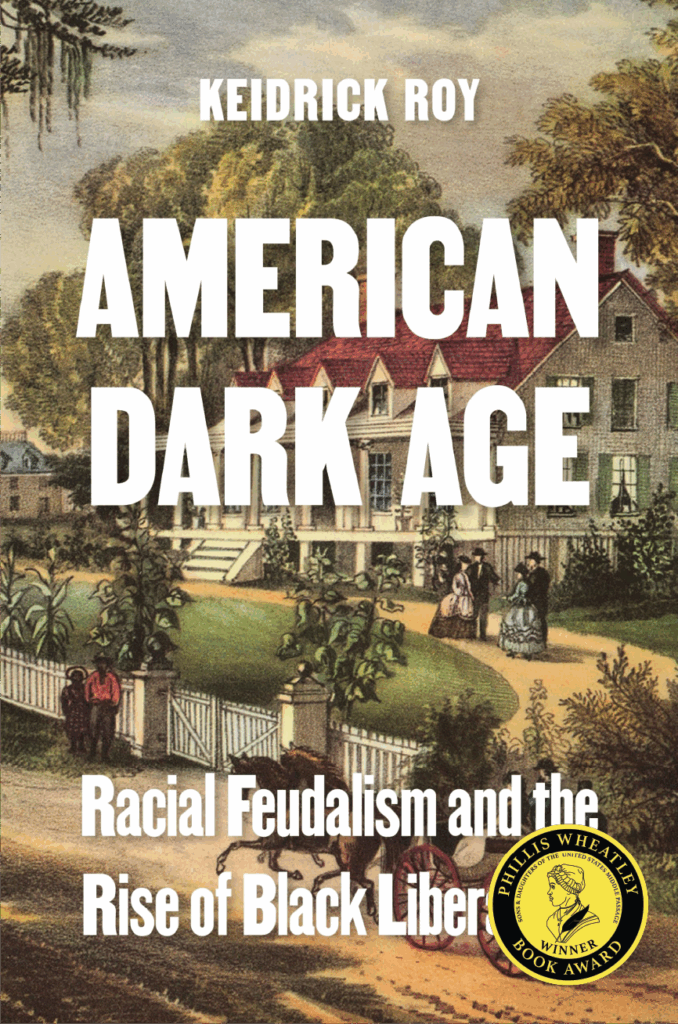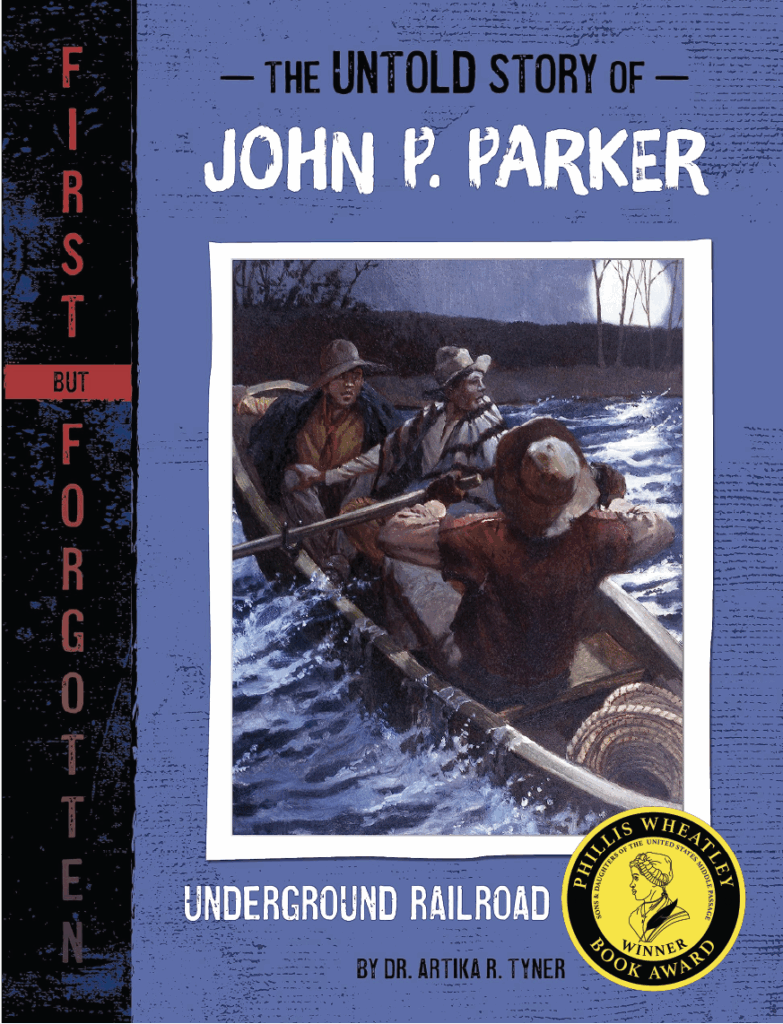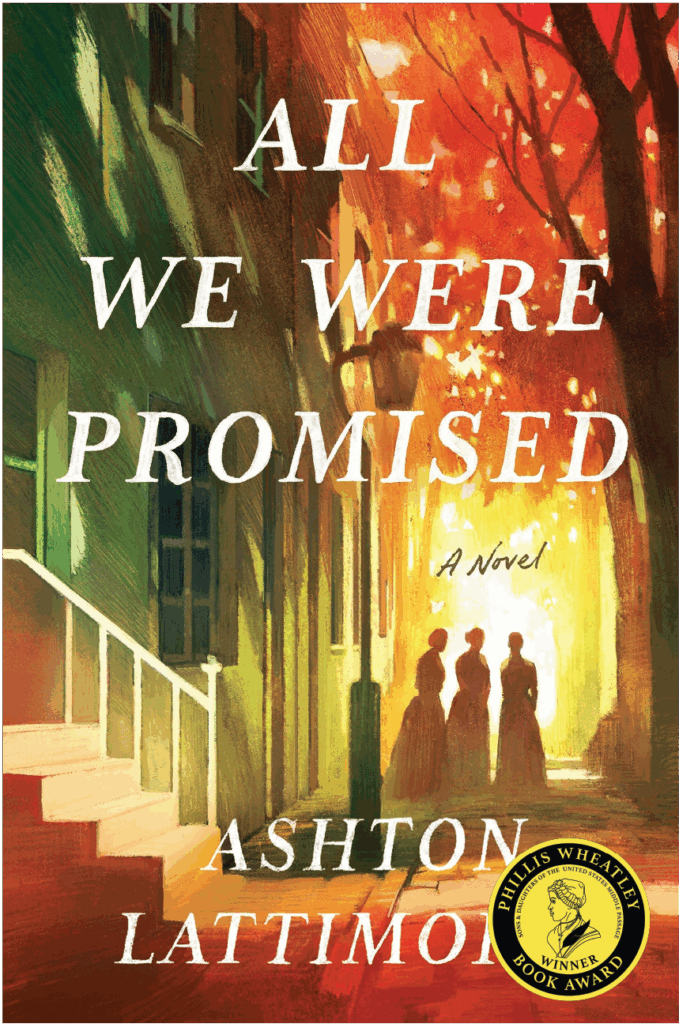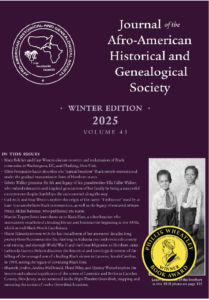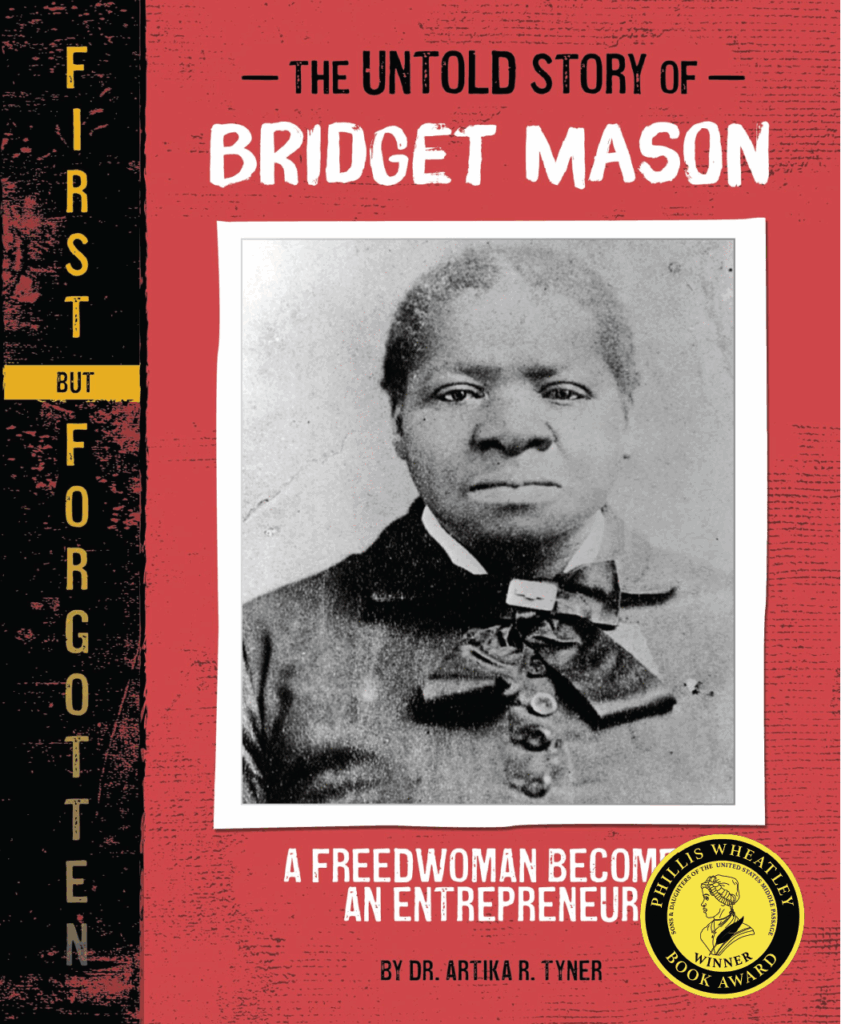
Phillis Wheatley Literary Award
Winners
WINNER
DESCRIPTION
Dominican Crossroads: H. C. C. Astwood and the Moral Politics of Race-Making in the Age of Emancipation
Christina Cecelia Davidson
In Dominican Crossroads, Christina Cecelia Davidson explores Astwood’s extraordinary and complicated life and career. Born in 1844 in the British Caribbean, Astwood later moved to Reconstruction-era New Orleans, where he became a Republican activist and preacher in the African Methodist Episcopal (AME) Church. In 1882 he became the first Black man named US consul to the Dominican Republic. Davidson tracks the challenges that Astwood faced as a Black politician in an era of rampant racism and ongoing cross-border debates over Black men’s capacity for citizenship. As a US representative and AME missionary, Astwood epitomized Black masculine respectability. But as Davidson shows, Astwood became a duplicitous, scheming figure who used deception and engaged in racist moral politics to command authority. His methods, Davidson demonstrates, show a bleaker side of Black international politics and illustrate the varied contours of transnational moral discourse as people of all colors vied for power during the ongoing debate over Black rights in Santo Domingo and beyond.
“Payne-ful” Business: Charleston’s Journey to Truth
Margaret Seidler
“Payne-ful” Business: Charleston’s Journey to Truth follows Margaret Seidler’s mission to learn and process her family’s genealogical past. Using extensive research and personal experience, Seidler discusses the realities of Charleston’s racial history while highlighting the historians, journalists, and community members who work to reconcile those truths. The book features authentic, historic slave advertisements brought to life by vivid paintings by artist John W. Jones that uncover the humanity hidden beneath the detached advertisement descriptions. Seidler hopes that acknowledging a more complete truth about our past will motivate us to bridge today’s racial divide.
Not Yet Completely Free: Gradual Emancipation and the Family of Moses Williams, Philadelphia 1776-1833
Ellen Fernandez Sacco, Ph.D.
This paper explores the life and legacy of Moses Williams, born into slavery in 1776 and later freed, who became the first Black museum professional at Peale’s Museum in Philadelphia. It traces his overlooked contributions as an artist and silhouette cutter, his role in early American museum history, and the shifting scholarly recognition of his significance. The paper also reflects on the broader movement to center Black voices in museum narratives, highlighting recent efforts to commemorate Williams through exhibitions, scholarship, and public history initiatives.
Wick Garrett’s Darkest Day: 6 September 1919
LaBrenda Garrett Nelson
The article focuses on the violent racial climate of the 1919 “Red Summer,” highlighting a specific instance of racial violence in Laurens County, South Carolina. Topics include the widespread racial unrest across the U.S. during 1919, the history of racial violence in Laurens, and the impact of events like the Red Summer on the community’s legacy of racial terrorism.
Traveling without Moving: Essays from a Black Woman Trying to Survive in America
Taiyon J. Coleman
In Traveling without Moving, Taiyon J. Coleman weaves personal narrative with cultural critique, reflecting on race, motherhood, and survival as a Black woman in America. From her Chicago childhood to navigating racism in academia and housing, Coleman’s essays confront the contradictions between American ideals and Black lived experience. Her work is both a testimony and a pursuit of freedom—writing as resistance, truth-telling, and reclamation.
American Dark Age: Racial Feudalism and the Rise of Black Liberalism
Keidrick Roy
In American Dark Age, Keidrick Roy uncovers how 19th-century Black abolitionists challenged the racial “feudalism” embedded in American society. Figures like Harriet Jacobs and Frances Ellen Watkins Harper exposed the nation’s medieval social order and reimagined its liberal ideals through spiritual, Enlightenment, and grassroots political thought. Roy highlights their enduring fight for liberty and equality—offering urgent lessons as modern extremists invoke similar medieval fantasies to justify racial hierarchy today.
The Untold Story of Bridget Mason: A Freedwoman Becomes an Entrepreneur
Dr. Artika Tyner
You may have heard about Dred Scott’s case to gain his freedom from enslavement. But just a year before the Supreme Court decision in Scott’s case, Bridget “Biddy” Mason won her freedom in a California court—and then went on to become the wealthiest Black woman in Los Angeles. With key biographical information and related historical events, this Capstone Captivate book uncovers Mason’s story of attaining her freedom, becoming an entrepreneur, and serving her community. Dive into the First but Forgotten series to read rarely told stories from history.
The Untold Story of John P. Parker: The Underground Railroad Conductor
Dr. Artika Tyner
“Providing key biographical information and related historical events, this book presents the remarkable story of John P. Parker, an Underground Railroad conductor who helped enslaved people cross the Ohio River to freedom. Simultaneous. Illustrations. “
All We Were Promised
Ashton Lattimore
Winner of the Black Caucus of the American Library Association’s First Novelist Award and a Book of the Month Club Pick, The House of Eve is hailed by People as “a gripping novel about standing up to impossible odds” and named one of the best books of the year by The Washington Post, NPR, and She Reads.
Set in volatile 1837 Philadelphia, this powerful debut follows Charlotte, a formerly enslaved woman forced to hide her identity while living with her white-passing father. When she befriends Nell, a wealthy Black abolitionist, the two women join forces to help Charlotte’s friend Evie escape bondage—risking everything amid rising race riots and violent opposition. A moving story of friendship, freedom, and resistance, The House of Eve is “a beguiling story of friendship, deception, and women crossing boundaries in the name of freedom” (Lisa Wingate, #1 New York Times bestselling author).
